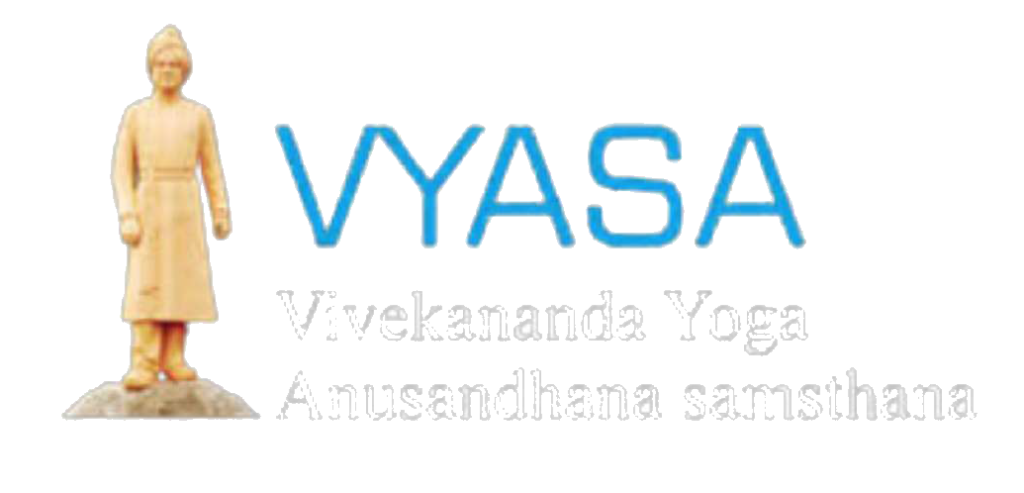Case study on Renal calculi
Renal calculi are nothing but the stones of renal system. The renal system includes kidney, ureter and bladder. Most of stones are formed from the calcium oxalate and will be in kidney or ureters. It is associated with the pain in abdomen, groin area or flank. Urinary issues with nausea vomiting are the common symptoms of renal calculi. If the urine is not eliminating properly because of the stones leads to hydronephrosis. Hydronephrosis is nothing but the swelling of kidney due to build-up of urine.
Patient at VHG:
A male patient 48 years old came in April with the known complaint of renal calculi. He had the renal pain and urinary issues. His reports were showing a Grade -1 hydro uretero nephrosis of left kidney due to an UVJ Calculus.
Interventions:
He has taken ayurvedic medicines after the consultation. He also underwent through yoga therapy for 5 days and followed the same later. He strictly followed a diet as per the advice. His pain and discomfort was reducing gradually and taken the medicines for 3 months.
Reports: CT of Abdomen & Pelvis (plain)
In april
Right kidney – normal in size & attenuation.
No calculus or obstructive uropathy.
Left kidney – normal in size & attenuation.
Grade 1 hydronephrosis is noted due to an UVJ (Ureterovesicle junction) calculus measuring 5*3mm
In july
Right kidney – normal in size & attenuation
No calculus or obstructive uropathy.
Left kidney – normal in size and attenuation.
No evidence of calculi or hydronephrosis seen. Left ureter appears normal, no dilatation/calculus seen.
Renal calculi, commonly known as kidney stones, are hard deposits made of minerals and salts that form inside the kidneys. They can cause severe pain when passing through the urinary tract, and may lead to other complications if not managed properly. The pain experienced during an episode is often referred to as ‘kidney stone pain’. The process of formation of these stones is known as “concretion in the kidney”.
Various types of kidney stones exist, and they are typically classified based on their composition. The four main types include:
1. Calcium Stones: These are the most common type of kidney stones, usually in the form of calcium oxalate, which is naturally found in food. Certain fruits and vegetables, as well as nuts and chocolate, have high oxalate content. (1)
2. Uric Acid Stones: These stones form when the urine is too acidic, which can result from a high-protein diet or certain genetic factors.(2)
3. Struvite Stones: Often resulting from urinary tract infections, these stones can grow quite large and cause urinary obstruction.(3)
4. Cystine Stones: These are rare and tend to form in individuals with a hereditary disorder that causes the kidneys to excrete excessive amounts of certain amino acids.(4)
In Ayurveda, kidney stones are believed to be caused by an imbalance in the bodily energies, particularly the drying of Kapha due to Vata imbalance. This ancient Indian medicinal system suggests various treatments and lifestyle modifications to manage and prevent renal calculi. Key among them include:
– Triphala: A mixture of three fruits known for detoxifying and rejuvenating properties, aiding in flushing out toxins and preventing stone formation.
– Panchakarma: A specialized detoxification treatment beneficial for recurrent kidney stones, aimed at eliminating toxins and balancing the bodily energies or doshas.
– Herbal Remedies: Various herbs known for their diuretic properties are used to increase urine output, flush out stones, and reduce the risk of further stone formation. – Reference
Additionally, Yoga and meditation are highly recommended for individuals prone to kidney stones. Specific yoga postures such as Bhujangasana (Cobra Pose), Dhanurasana (Bow Pose), and Vajrasana (Thunderbolt Pose) are particularly beneficial as they stimulate abdominal organs, improve digestion, and enhance kidney function. Moreover, meditation and deep breathing techniques help in reducing stress, which is a known risk factor for kidney stones
The crystallization of minerals and salts into stones is greatly influenced by urinary concentration. Thus, one preventive measure against renal calculi is proper hydration. Increased water intake ensures a healthy urine output, preventing the concentration of salts and minerals in the kidneys. Other dietary modifications like reducing oxalate and sodium intake, alongside increasing the consumption of calcium-rich foods, can also mitigate the risk of stone formation.
Renal calculi can significantly affect an individual’s quality of life. However, with holistic approaches like Ayurveda and Yoga, individuals can not only manage this condition but also foster a lifestyle that significantly reduces the risks associated with renal calculi. Through adherence to certain dietary guidelines, engaging in beneficial physical activities, and possibly undergoing Ayurvedic treatments under professional guidance, individuals can aspire for a life less burdened by the distress of renal calculi. The path to overcoming renal calculi can indeed be a journey of self-discovery, discipline, and a return to natural remedies that resonate with the body’s innate healing capabilities.
Renal calculi, commonly known as kidney stones, are hard deposits made of minerals and salts that form inside the kidneys. They can cause severe pain known as ‘kidney stone pain’ when passing through the urinary tract, and may lead to other complications if not managed properly. The process of formation of these stones is termed as “concretion in the kidney.”
Various types of kidney stones exist, and they are typically classified based on their composition. The four main types include:
1. Calcium Stones: These are the most common type of kidney stones, usually in the form of calcium oxalate, which is naturally found in food. Certain fruits and vegetables, as well as nuts and chocolate, have high oxalate content. (1)
2. Uric Acid Stones: These stones form when the urine is too acidic, which can result from a high-protein diet or certain genetic factors.(2)
3. Struvite Stones: Often resulting from urinary tract infections, these stones can grow quite large and cause urinary obstruction.(3)
4. Cystine Stones: These are rare and tend to form in individuals with a hereditary disorder that causes the kidneys to excrete excessive amounts of certain amino acids.(4)
In Ayurveda, kidney stones are believed to be caused by an imbalance in the bodily energies. This ancient Indian medicinal system suggests various treatments and lifestyle modifications to manage and prevent renal calculi. Notable among them include:-
Triphala: A mixture of three fruits known for detoxifying and rejuvenating properties, aiding in flushing out toxins and preventing stone formation.
Panchakarma: A specialized detoxification treatment beneficial for recurrent kidney stones, aimed at eliminating toxins and balancing the bodily energies or doshas.
Herbal Remedies: Various herbs known for their diuretic properties are used to increase urine output, flush out stones, and reduce the risk of further stone formation. – Reference
Additionally, Yoga and meditation are highly recommended for individuals prone to kidney stones. Specific yoga postures stimulate abdominal organs, improve digestion, and enhance kidney function. Moreover, meditation and deep breathing techniques help in reducing stress, which is a known risk factor for kidney stones.
Preventive measures against renal calculi include proper hydration to prevent the concentration of salts and minerals in the kidneys. Dietary modifications like reducing oxalate and sodium intake, alongside increasing the consumption of calcium-rich foods, can also mitigate the risk of stone formation.
The journey of managing and preventing renal calculi can be significantly enriched with the insights from Ayurveda and the practice of Yoga. The path to overcoming renal calculi can indeed be a journey of self-discovery, discipline, and a return to natural remedies that resonate with the body’s innate healing capabilities. The holistic approach not only addresses the physical ailments but also nurtures the mind and spirit, paving the way for a harmonious and healthy life.
Get in touch with us @ +91 9591336226 (You can whatsapp us too)





